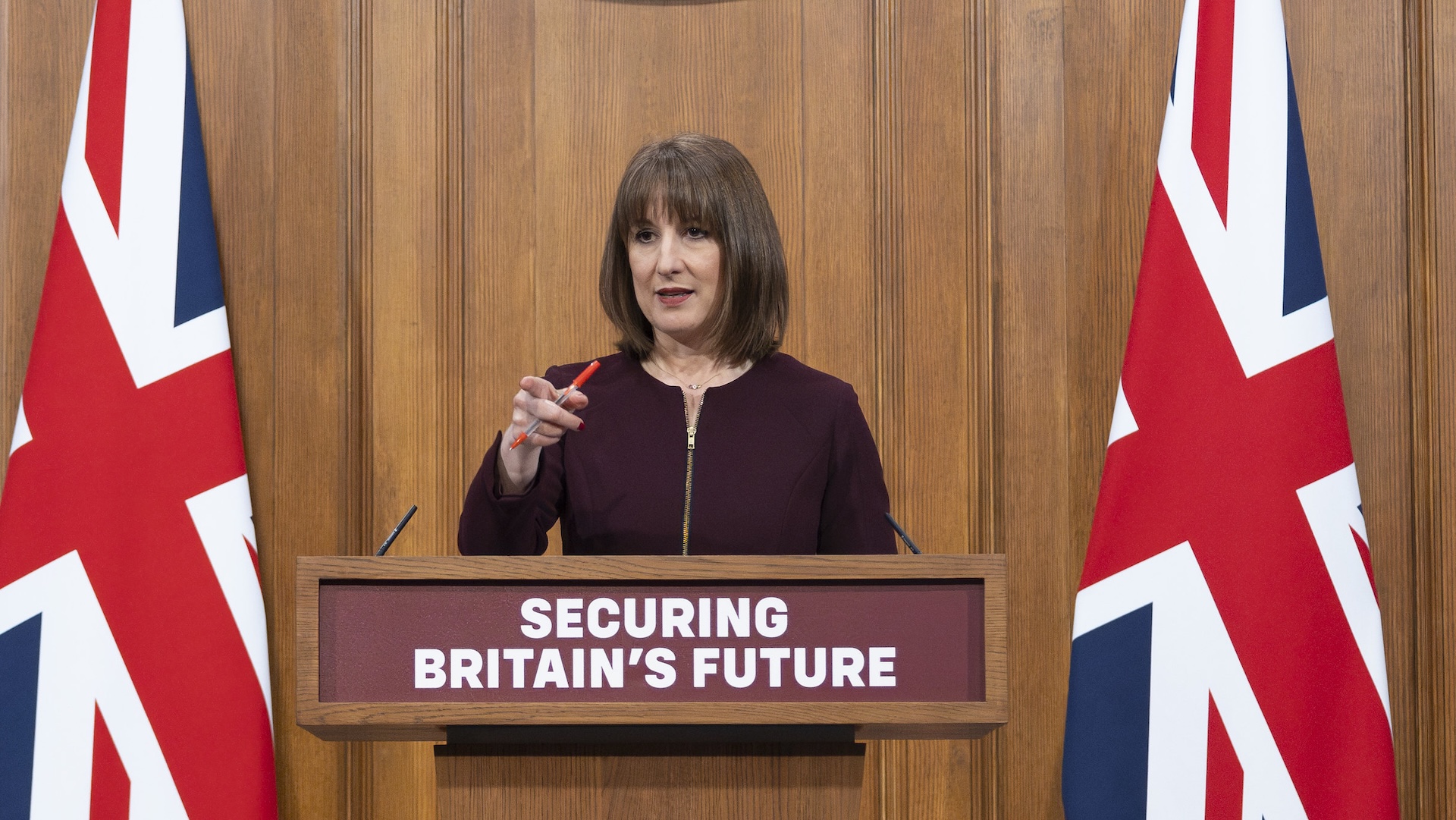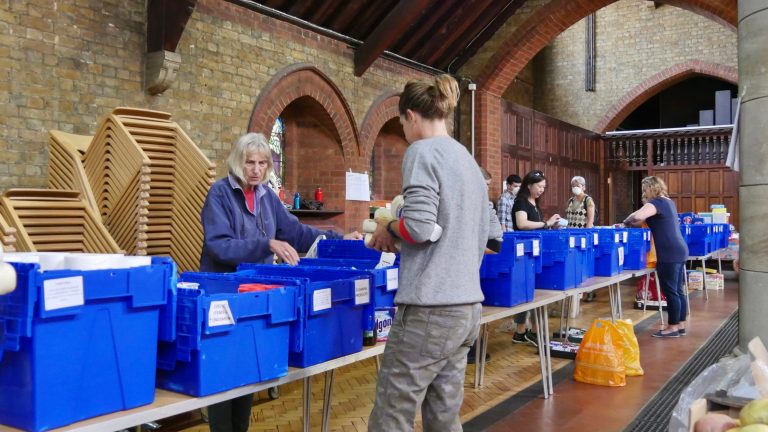“It would take 10 years for all claimants on personal independence payment (PIP) to be assessed under the new criteria as many claimants receive 10-year awards,” Timms wrote.“ For claimants receiving PIP when the four-point policy is introduced in November 2026, we estimate that by 2036/37, 440,000 claimants will not receive the daily living component of PIP who would have under current rules, after behavioural effects are taken into account.”
The ”four-point policy” is the main proposed cut to PIP eligibility under the government’s plans. Under this change, new applicants and existing claimants facing reviews of their awards would have to score four points in at least one ‘daily living’ category in the PIP assessment, as well as scoring eight points across all daily living categories as at present, to qualify for the PIP daily living allowance.
“We’ve already been receiving many desperate emails from disabled people who are wondering how they will survive these cuts,” said Merry Cross of Disabled People Against Cuts. “So imagine the emotional toll of waiting years to find out if and when the axe is going to fall on you. We fear it may drive even more people to suicide.”
The 440,000 claimants the DWP thinks will lose benefits is far lower than the roughly 1.3 million PIP daily living claimants in England and Wales alone whose most recent assessment leaves them exposed to the four-point rule.
Both the DWP and the Office for Budget Responsibility – the government’s independent financial watchdog – believe that many of the 1.3 million would ultimately keep their benefits despite the government’s cuts, either because their condition will have worsened by the time their award is reviewed, or because they will tailor their claim to meet the new requirements next time round, or because they will succeed in an appeal.
But critics question whether these so called “behavioural effects” will protect so many claimants in practice – if not, the number of current claimants who lose out will be markedly higher.
Parliament is expected to vote on the cuts within the next few weeks. The government is also planning to abolish the work capability assessment. This wouldn’t take effect until near the end of the decade, but under these plans, “out of work” disability benefits such as the health element of universal credit would also be based on the PIP assessment with its four-point rule.
A government spokesperson said: “The vast majority of people who are currently getting PIP will continue to receive it.
“We will never compromise on protecting people who need our support, and our reforms will put the social security system on a more sustainable footing, so it will always be there for those who will never be able to work.
“We have also announced a review of the PIP assessment, and we will be working with disabled people and key organisations representing them to consider how best to do this.”
Promises are easy to break. Sign Big Issue’s petition for a Poverty Zero law and help us make tackling poverty a legal requirement, not just a policy priority.
Do you have a story to tell or opinions to share about this? Get in touch and tell us more. Big Issue exists to give homeless and marginalised people the opportunity to earn an income. To support our work buy a copy of the magazine or get the app from the App Store or Google Play.





